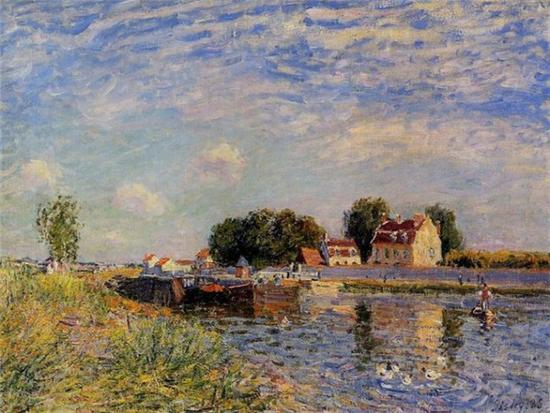But here is one finding from specifically the research on self-esteem.
但這有一個發現是從專門針對自尊的研究中得來的
On one thing you can do right now when you get out of class to raise self-esteem and that is to cope as opposed to avoid.
你下課之后馬上能做的一個實驗來提高自尊,就是去面對而非逃避
To cope meaning to put yourself on the line.
去面對意味著把自己置身于風險線上
To take risks not when you're in your panic zone but when you're in your stretch zone.
不是要你在恐慌時冒險而是在你放松時放手一搏
To risk failure. To handle things, to deal things, to confront things that are important to you.
去承擔失敗的風險,去解決,去處理,去面對那些對你來說重要的事情
To try out for that play. To speak out in session if you haven't.
參加戲劇試演,討論時說出未曾表述出的觀點
To go out to a place where you really want to go but never really try. To try.
去你十分想去卻從沒去過的地方,去嘗試
Because people who cope overtime have the same or sometimes more ups and downs.
因為那些經常面對問題的人有著同樣或者有時頻繁的起起伏伏
But their ups and downs look like this.
但他們的起伏線條是這樣的

Still ups and downs. Permission to be human.
依舊是起起伏伏,和普通人一樣
But the base level increases.
但基礎水平提高了
Why does the base level increase? I'm gonna end here.
為什么基礎水平提高了?我將以此結束本節課
Why does the base level increase when we cope rather than avoid? For 3 reason.
為什么當我們不是逃避而是面對時基礎水平提高了?三個原因
First self perception theory. Daryl Bem... I think from either Dartmouth or Cornell...
首先是自我知覺理論 達瑞·白姆……我不記得他是達特茅斯學院還是康奈爾大學的了
what Daryl Bem showed was that we derived conclusion about ourselves in the same way that we derived conclusion about others.
達瑞·白姆指出我們得出關于自己的結論和我們得出關于他人的結論的方式是一樣的
So for example if I see a person going up to people
比如說看到一個人走到大家面前
and you know, initiating a conversation or speaking up in session or trying out for a play and trying again and again.
發起談話或者在會上發言或者去參加一出戲的試演并一次又一次地嘗試
My conclusion about this person is, oh, this person is courageous.
我關于這個人的結論就是這人很有勇氣
This person must have high self-esteem.
這人肯定有很高的自尊











